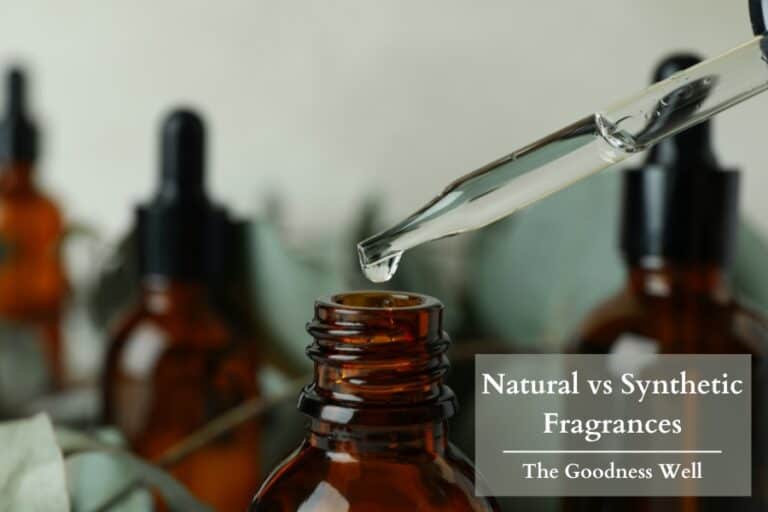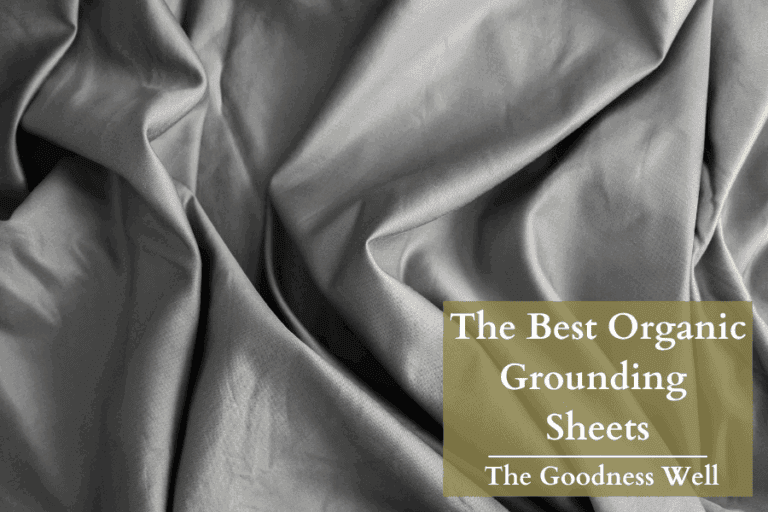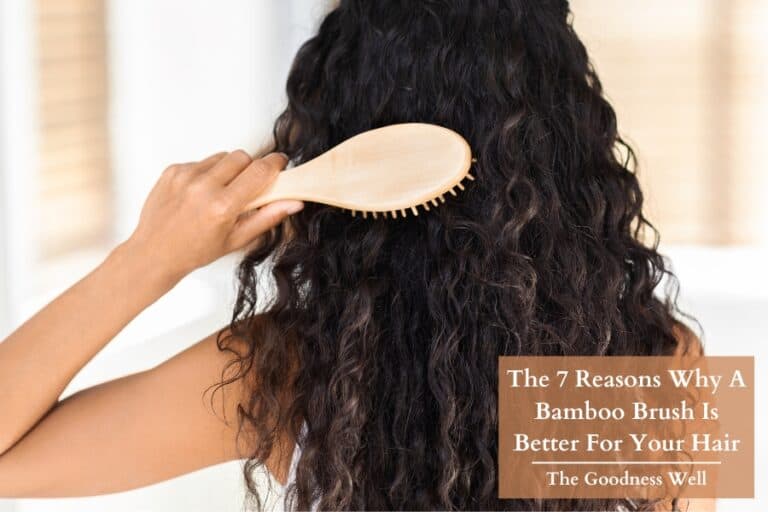Is Organic Makeup Really Better?
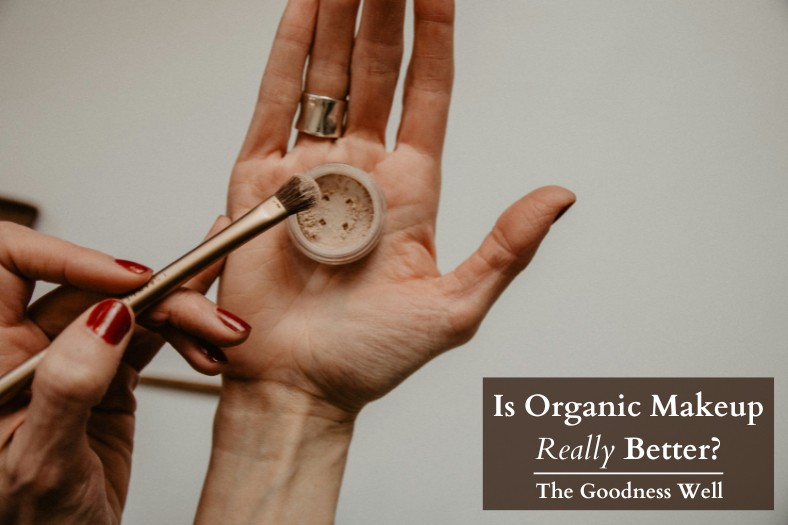
If the choice was between a pesticide-treated apple and an organic apple, I’m sure we would all choose the organic pesticide-free apple.
But does this idea that organic is better play into makeup? Is organic makeup really better? 🤔 Does it even make a difference?
Lucky for you we’ve got the answers and we’re taking a look at how organic makeup and conventional makeup compare. 💄
TL;DR
Understanding Organic Makeup
Organic makeup is made from ingredients grown and processed under a strict code with no synthetic pesticides, chemical fertilizers, or genetically modified organisms (GMOs).
These products hold certifications like USDA Organic, ensuring that at least 95% of their ingredients meet these organic standards.
You’ll often find that these types of makeup are made with natural ingredients that provide additional benefits.
How is It better…
For you
Organic makeup is actually better for you because it uses natural and organic ingredients from food and plants that provide essential nutrients to the skin without exposing you to harmful pesticides.
Nutricosmetics, which combines food supplementation with cosmetic benefits in makeup supports you on the inside and outside.
Not to mention, organic ingredients are less likely to contain harmful chemicals found in conventional makeup.
Organic makeup helps us to focus on the importance of what we put on our body as much as what we put in it.
What I’m not saying is that natural makeup is a cure-all/cover-all option. Some conventional products still may give you better results but at what cost to your health?…
Anything that puts your health at risk or exposes you to harmful substances will never be the better option.
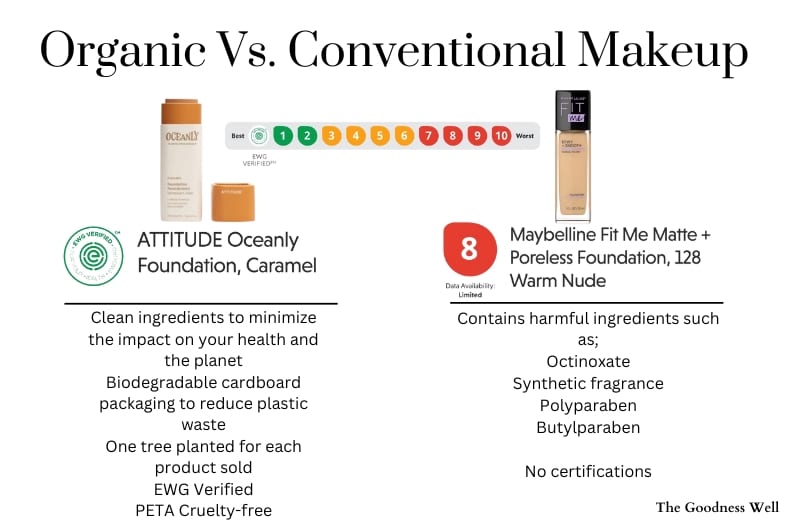
For The Environment
Organic farming practices play a crucial role in protecting our environment.
And when you buy organic products whether that be food or cosmetics, it supports sustainable farming practices.
Because this type of farming avoids synthetic pesticides and fertilizers it significantly cuts down on pollution and protects soil health.
This approach also supports the rich diversity of plant and animal life.
Creating organic beauty products is done in a way that has a smaller impact on our planet compared to traditional cosmetic manufacturing which causes chemical pollution and product waste within the environment.
In short, by choosing organic cosmetics, you reduce your footprint, promote a healthier environment, and support sustainable farming.
How to Find Organic Makeup
Now this is the tricky part, since the pandemic in 2020 more and more people have shown interest in sustainable and nontoxic products.
The problem is that manufacturers have caught on to this and are marketing their products as safe, eco-friendly, or organic when it’s not.
So how can you protect yourself and buy safe makeup?
The best way to do so is by reading product labels and using resources like EWG’s Skin Deep Database that show you ingredients, and give you insight into what’s safe and what’s not through data-driven research.
You’ll also want to keep an eye out for the USDA Organic Certification and the EWG Verified label that ensures a product is either organic or verified by the Environmental Working Group.
Frequently Asked Questions
Yes, it is generally better for sensitive skin because of its natural ingredients and absence of harsh chemicals. However, this doesn’t eliminate the risk of an allergic reaction to an ingredient.
Yes, organic makeup can provide similar results often with the added benefits of natural nourishment and fewer chemicals. However, some conventional products may have formulations that are more active and work better for certain skin conditions.
You can verify the authenticity by looking for official certifications like USDA Organic, ECOCERT, or COSMOS on the product packaging.
For the most part, yes. It’s often more expensive because of the higher cost of sourcing certified ingredients. You may still be able to find products that are cheaper or similar in price.



